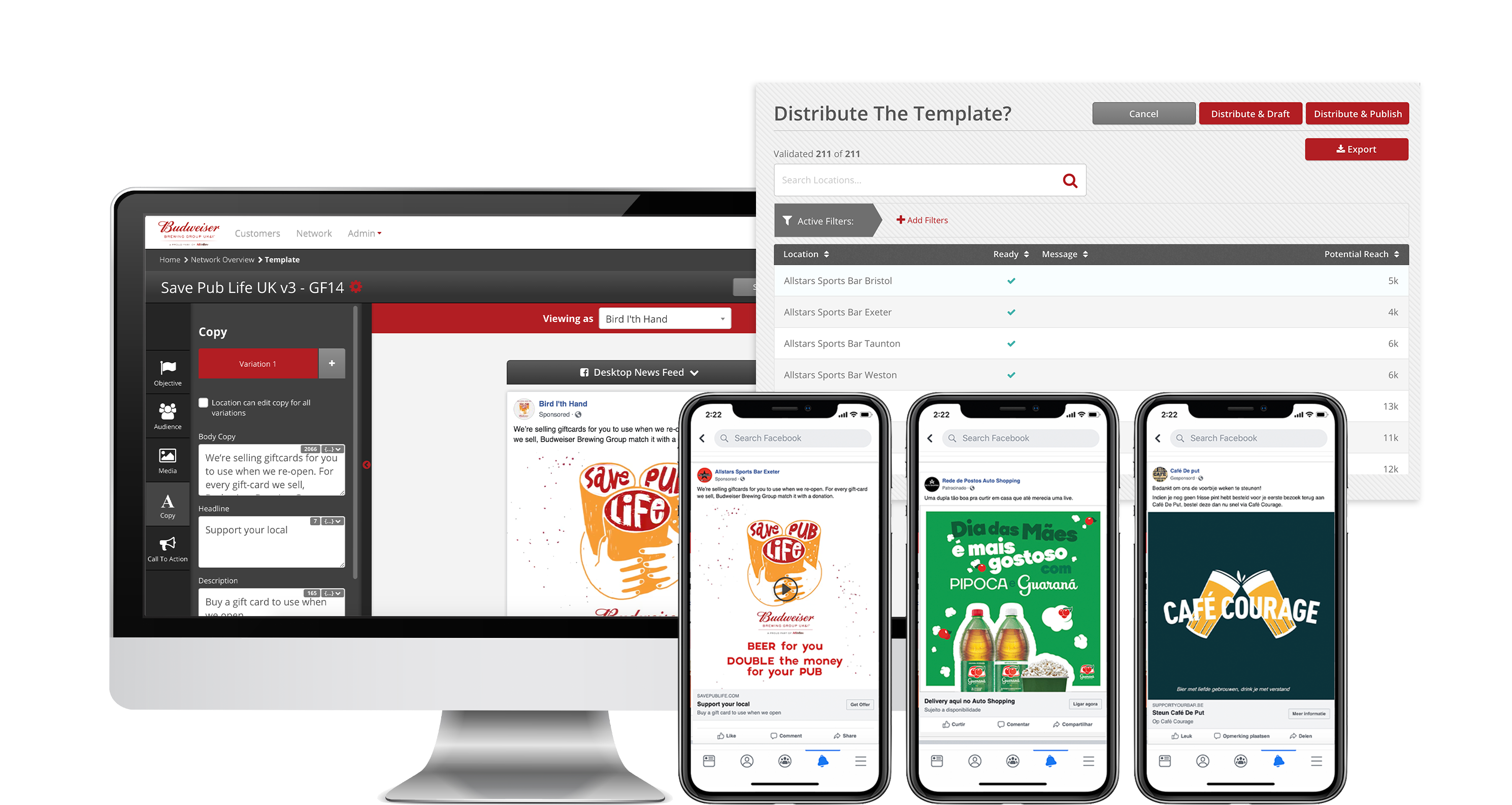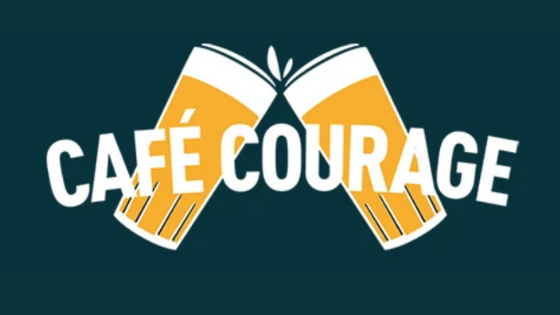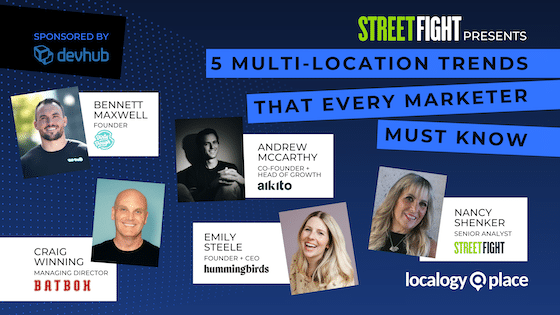It’s no secret that the COVID-19 crisis has been especially tough on bars and restaurants all over the world. Yet data that Tiger Pistol shared with us illustrates the full extent of the carnage.
According to Statistica, which tracked year-over-year worldwide daily change in seated restaurant diners due to the pandemic from February 24 to May 31, seating declines hit 100% in May.
Prospects for a quick recovery appear dim. A Technomic survey found that 32% of consumers plan to eat out less even after the lockdowns.
In this context, Anheuser-Busch InBev (ABI), owners of many of the world’s top beer brands, announced a partnership this week with Tiger Pistol that supports local bars and restaurants around the world with localized social campaigns. The program is live in six countries with several others coming online soon. The U.S. is not among the countries because of its complicated three-tiered beverage distribution structure. The partners decided to focus on markets that could be up and running quickly.
Localogy Insider caught up today with Tiger Pistol CEO Paul Elliott, who shared more detail on the ABI deal.
In this audio clip from our interview, Tiger Pistol CEO Paul Elliott talks about the long-term sustainability of restaurants. He cautions against taking estimates of widespread restaurant failures coming out of the pandemic too literally.
Program Pivots to Crisis Marketing
Notably, the partnership predates the crisis but has been adapted to support the industry through the lockdowns and re-openings.
Specifically, the campaign involved supporting ABI’s worldwide network of restaurants, bars, and retailers with local Facebook and Instagram ads. Local establishments can launch the ads from their Facebook pages. The ads do a variety of things to encourage consumers to support local eating and drinking establishments.

Adapting to Market Nuances
For example, in Brazil, local Facebook and Instagram campaigns support eCommerce options via the ZeDelivery app. Also, campaigns are in the works to help establishments connect with customers post-lockdown.
In Belgium and the UK, the local campaigns promote the “Cafe Courage” and “Save Pub Life” initiatives. The efforts facilitate donations and gift card purchases to help local establishments stay afloat. They’ve also planned campaigns to help businesses promote new operating hours and safety protocols as they begin to re-open.
In this clip, Elliott shares how the program’s creative strategy pivoted to reflect the pandemic.
Best-Practice Driven Decisions Sans Ph.D.
The deal is funded in part by ABI channel marketing dollars diverted from things like branded coasters and signage into social media advertising. The idea being it’s better to spend on bringing customers into an establishment vs giving them a brand message once they are already there.
Elliott said there are three key reasons why establishments benefit from the program — simplicity, funding, and audience.
“The idea is to bring it down to a point of simplicity to enable smart, best-practice-driven decisions without having to get a Ph.D. first,” Elliott said.
The audience advantage is that the restaurants and bars can not only target their own audience (or an audience they purchase). They also gain access to a location-targeted slice of ABI’s social audience as well. And of course, the campaigns get funding support from ABI.
Maintaining Brand Loyalty
ABI has much to gain from this program as well.
Pre-lockdown, a key objective was gaining brand loyalty from bars and restaurants.
“One of the often-overlooked metrics is the NPS score of bars and restaurants and how they feel about ABI,” Elliott said. “There are plenty of competitors who would be happy to pull the bars away from ABI and sell them Heineken.”
In this clip, Elliott talks about the program’s pre-pandemic rationale and the importance of earning bar owners’ loyalty.
Sustaining a Key Channel
Post-lockdown, ABI has an equally strong motive. Sustaining one of its key channels. While retail beverage sales are higher during the crisis, it’s not enough to offset the decimation of the restaurant and bar channel.
“To ABI this is incredibly important,” Elliott said. While noting the rise in retail sales, he adds, “It is important for anybody in the beverage industry to have health on both sides of the business.”




